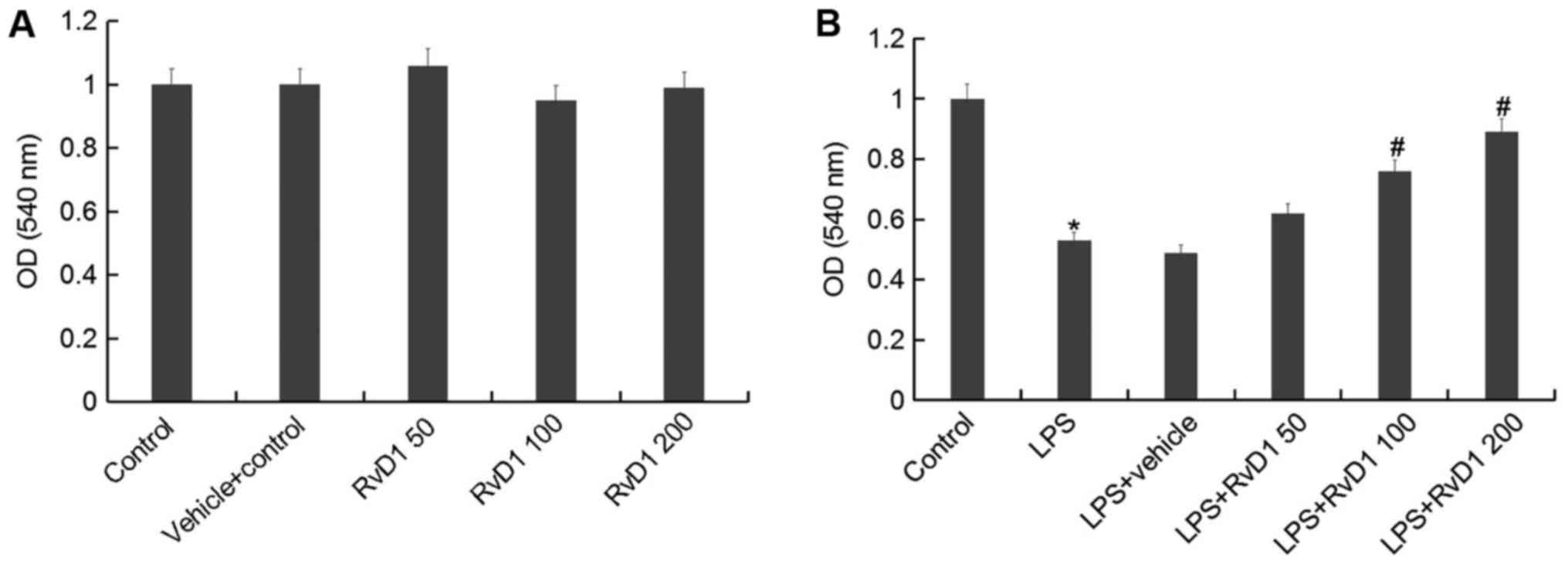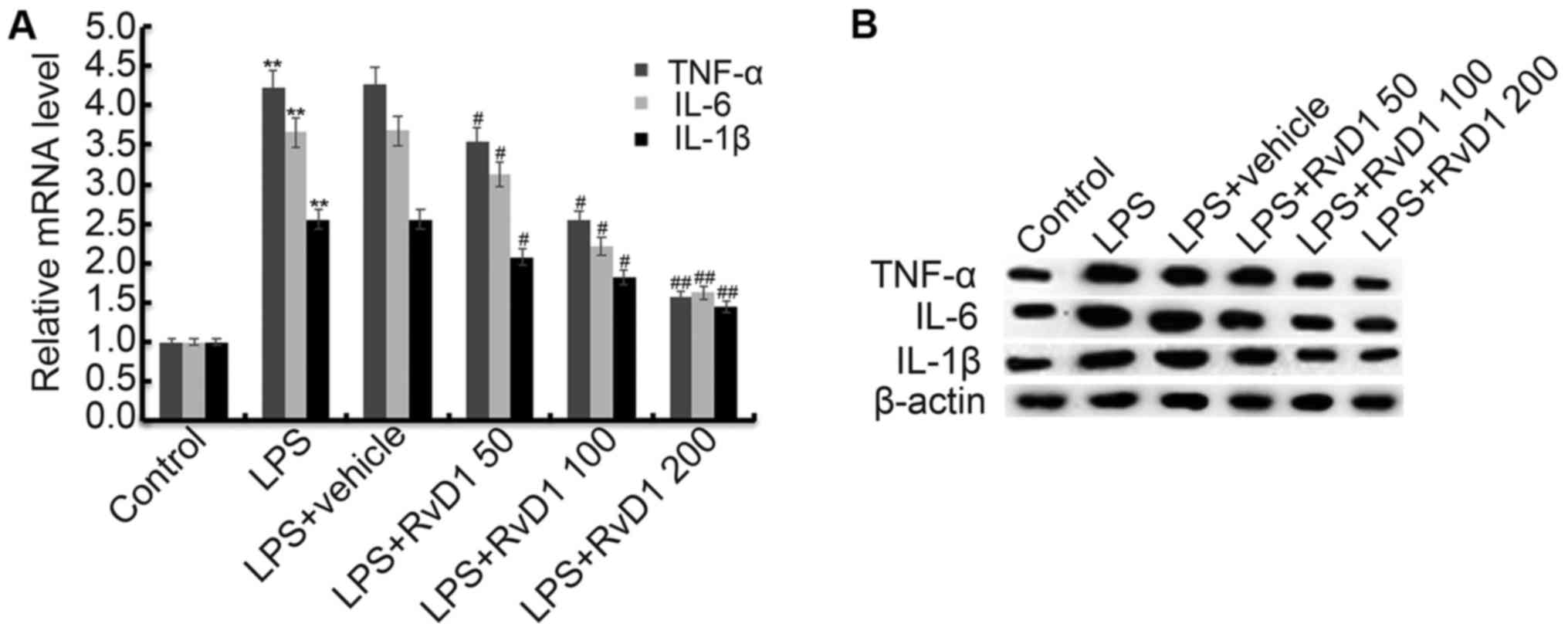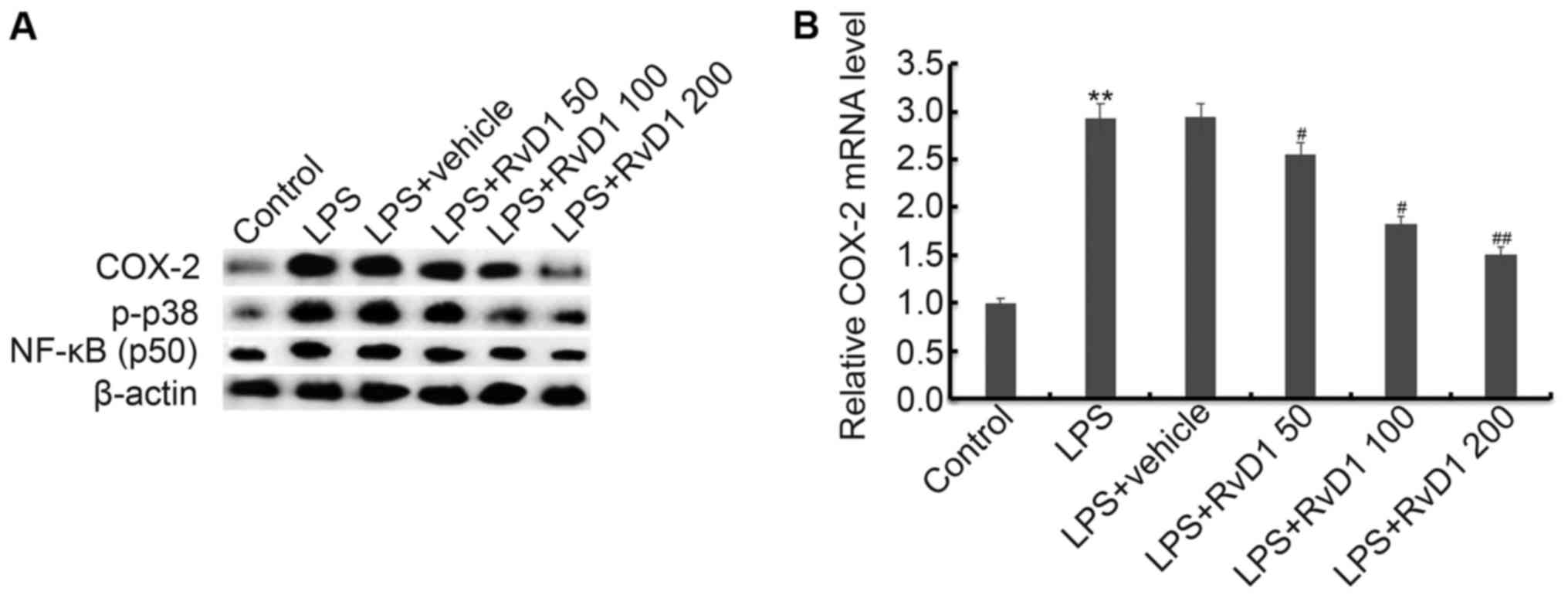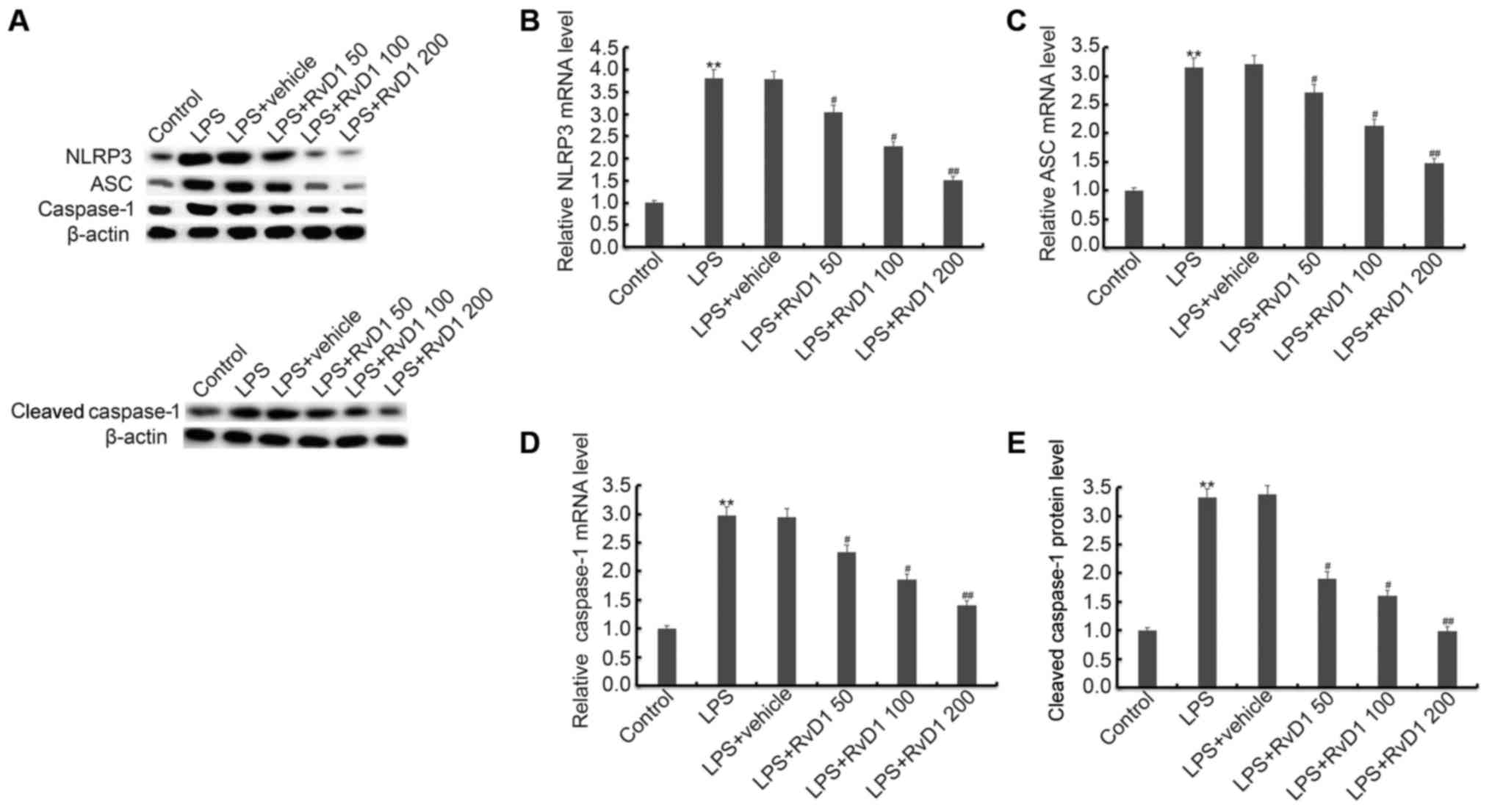|
1
|
MacIntyre NJ and Dewan N: Epidemiology of
distal radius fractures and factors predicting risk and prognosis.
J Hand Ther. 29:136–145. 2016. View Article : Google Scholar : PubMed/NCBI
|
|
2
|
Moon RJ, Harvey NC, Curtis EM, de Vries F,
van Staa T and Cooper C: Ethnic and geographic variations in the
epidemiology of childhood fractures in the United Kingdom. Bone.
85:9–14. 2016. View Article : Google Scholar : PubMed/NCBI
|
|
3
|
Hedstrom EM, Svensson O, Bergström U and
Michno P: Epidemiology of fractures in children and adolescents.
Acta Orthop. 81:148–153. 2010. View Article : Google Scholar : PubMed/NCBI
|
|
4
|
Chevalley T, Bonjour JP, van Rietbergen B,
Rizzoli R and Ferrari S: Fractures in healthy females followed from
childhood to early adulthood are associated with later menarcheal
age and with impaired bone microstructure at peak bone mass. J Clin
Endocrinol Metab. 97:4174–4181. 2012. View Article : Google Scholar : PubMed/NCBI
|
|
5
|
He Z, Selvamurugan N, Warshaw J and
Partridge NC: Pulsed electromagnetic fields inhibit human
osteoclast formation and gene expression via osteoblasts. Bone.
106:194–203. 2018. View Article : Google Scholar : PubMed/NCBI
|
|
6
|
Huang H, Zhao N, Xu X, Xu Y, Li S, Zhang J
and Yang P: Dose-specific effects of tumor necrosis factor alpha on
osteogenic differentiation of mesenchymal stem cells. Cell Prolif.
44:420–427. 2011. View Article : Google Scholar : PubMed/NCBI
|
|
7
|
Serhan CN, Hong S, Gronert K, Colgan SP,
Devchand PR, Mirick G and Moussignac RL: Resolvins: A family of
bioactive products of omega-3 fatty acid transformation circuits
initiated by aspirin treatment that counter proinflammation
signals. J Exp Med. 196:1025–1037. 2002. View Article : Google Scholar : PubMed/NCBI
|
|
8
|
Sun YP, Oh SF, Uddin J, Yang R, Gotlinger
K, Campbell E, Colgan SP, Petasis NA and Serhan CN: Resolvin D1 and
its aspirin-triggered 17R epimer. Stereochemical assignments,
anti-inflammatory properties and enzymatic inactivation. J Biol
Chem. 282:9323–9334. 2007. View Article : Google Scholar : PubMed/NCBI
|
|
9
|
Werners AH and Bryant CE: Pattern
recognition receptors in equine endotoxaemia and sepsis. Equine Vet
J. 44:490–498. 2009. View Article : Google Scholar
|
|
10
|
Mori MA, Bezy O and Kahn CR: Metabolic
syndrome: Is Nlrp3 inflammasome a trigger or a target of insulin
resistance? Circ Res. 108:1160–1162. 2011. View Article : Google Scholar : PubMed/NCBI
|
|
11
|
Duffield JS, Hong S, Vaidya VS, Lu Y,
Fredman G, Serhan CN and Bonventre JV: Resolvin D series and
protectin D1 mitigate acute kidney injury. J Immunol.
177:5902–5911. 2006. View Article : Google Scholar : PubMed/NCBI
|
|
12
|
Yin Y, Chen F, Wang W, Wang H and Zhang X:
Resolvin D1 inhibits inflammatory response in STZ-induced diabetic
retinopathy rats: Possible involvement of NLRP3 inflammasome and
NF-κB signaling pathway. Mol Vis. 23:242–250. 2017.PubMed/NCBI
|
|
13
|
Xu J, Gao X, Yang C, Chen L and Chen Z:
Resolvin D1 attenuates Mpp+-induced parkinson disease via
inhibiting inflammation in PC12 Cells. Med Sci Monit. 23:2684–2691.
2017. View Article : Google Scholar : PubMed/NCBI
|
|
14
|
Livak KJ and Schmittgen TD: Analysis of
relative gene expression data using real-time quantitative PCR and
the 2(-Delta Delta C(T)) method. Methods. 25:402–408. 2001.
View Article : Google Scholar : PubMed/NCBI
|
|
15
|
Adams SB, Leimer EM, Setton LA, Bell RD,
Easley ME, Huebner JL, Stabler TV, Kraus VB, Olson SA and Nettles
DL: Inflammatory microenvironment persists after bone healing in
intra-articular ankle fractures. Foot Ankle Int. 38:479–484. 2017.
View Article : Google Scholar : PubMed/NCBI
|
|
16
|
Liao Z, Dong J, Wu W, Yang T, Wang T, Guo
L, Chen L, Xu D and Wen F: Resolvin D1 attenuates inflammation in
lipopolysaccharide-induced acute lung injury through a process
involving the PPARγ/NF-κB pathway. Respir Res. 13:1102012.
View Article : Google Scholar : PubMed/NCBI
|
|
17
|
Strowig T, Henao-Mejia J, Elinav E and
Flavell R: Inflammasomes in health and disease. Nature.
481:278–286. 2012. View Article : Google Scholar : PubMed/NCBI
|
|
18
|
Menzel CL, Sun Q, Loughran PA, Pape HC,
Billiar TR and Scott MJ: Caspase-1 is hepatoprotective during
trauma and hemorrhagic shock by reducing liver injury and
inflammation. Mol Med. 17:1031–1038. 2011. View Article : Google Scholar : PubMed/NCBI
|
|
19
|
Li G, Chen Z, Bhat OM, Zhang Q,
Abais-Battad JM, Conley SM, Ritter JK and Li PL: NLRP3 inflammasome
as a novel target for docosahexaenoic acid metabolites to abrogate
glomerular injury. J Lipid Res. 58:1080–1090. 2017. View Article : Google Scholar : PubMed/NCBI
|
|
20
|
Shao A, Wu H, Hong Y, Tu S, Sun X, Wu Q,
Zhao Q, Zhang J and Sheng J: Hydrogen-rich saline attenuated
subarachnoid hemorrhage-induced early brain injury in rats by
suppressing inflammatory response: possible involvement of NF-κB
pathway and NLRP3 inflammasome. Mol Neurobiol. 53:3462–3476. 2016.
View Article : Google Scholar : PubMed/NCBI
|
|
21
|
Wang B, Gong X, Wan JY, Zhang L, Zhang Z,
Li HZ and Min S: Resolvin D1 protects mice from LPS-induced acute
lung injury. Pulm Pharmacol Ther. 24:434–441. 2011. View Article : Google Scholar : PubMed/NCBI
|
|
22
|
Colby JK, Abdulnour RE, Sham HP, Dalli J,
Colas RA, Winkler JW, Hellmann J, Wong B, Cui Y, El-Chemaly S, et
al: Resolvin D3 and aspirin-triggered resolvin D3 are protective
for injured epithelia. Am J Pathol. 186:1801–1813. 2016. View Article : Google Scholar : PubMed/NCBI
|
|
23
|
Xu J, Duan X, Hu F, Poorun D, Liu X, Wang
X, Zhang S, Gan L, He M, Zhu K, et al: Resolvin D1 attenuates
imiquimod-induced mice psoriasiform dermatitis through MAPKs and
NF-κB pathways. J Dermatol Sci. 89:127–135. 2018. View Article : Google Scholar : PubMed/NCBI
|
|
24
|
Zwipp H, Hoffmann R, Thermann H and
Wippermann BW: Rupture of the ankle ligaments. Int Orthop.
15:245–249. 1991. View Article : Google Scholar : PubMed/NCBI
|
|
25
|
Stiell IG, Greenberg GH, McKnight RD, Nair
RC, McDowell I, Reardon M, Stewart JP and Maloney J: Decision rules
for the use of radiography in acute ankle injuries. Refinement and
prospective validation. JAMA. 269:1127–1132. 1993. View Article : Google Scholar : PubMed/NCBI
|
|
26
|
Stiell IG, McKnight RD, Greenberg GH,
McDowell I, Nair RC, Wells GA, Johns C and Worthington JR:
Implementation of the Ottawa ankle rules. JAMA. 271:827–832. 1994.
View Article : Google Scholar : PubMed/NCBI
|
|
27
|
Karpas A, Hennes H and Walsh-Kelly CM:
Utilization of the Ottawa ankle rules by nurses in a pediatric
emergency department. Acad Emerg Med. 9:130–133. 2002. View Article : Google Scholar : PubMed/NCBI
|



















